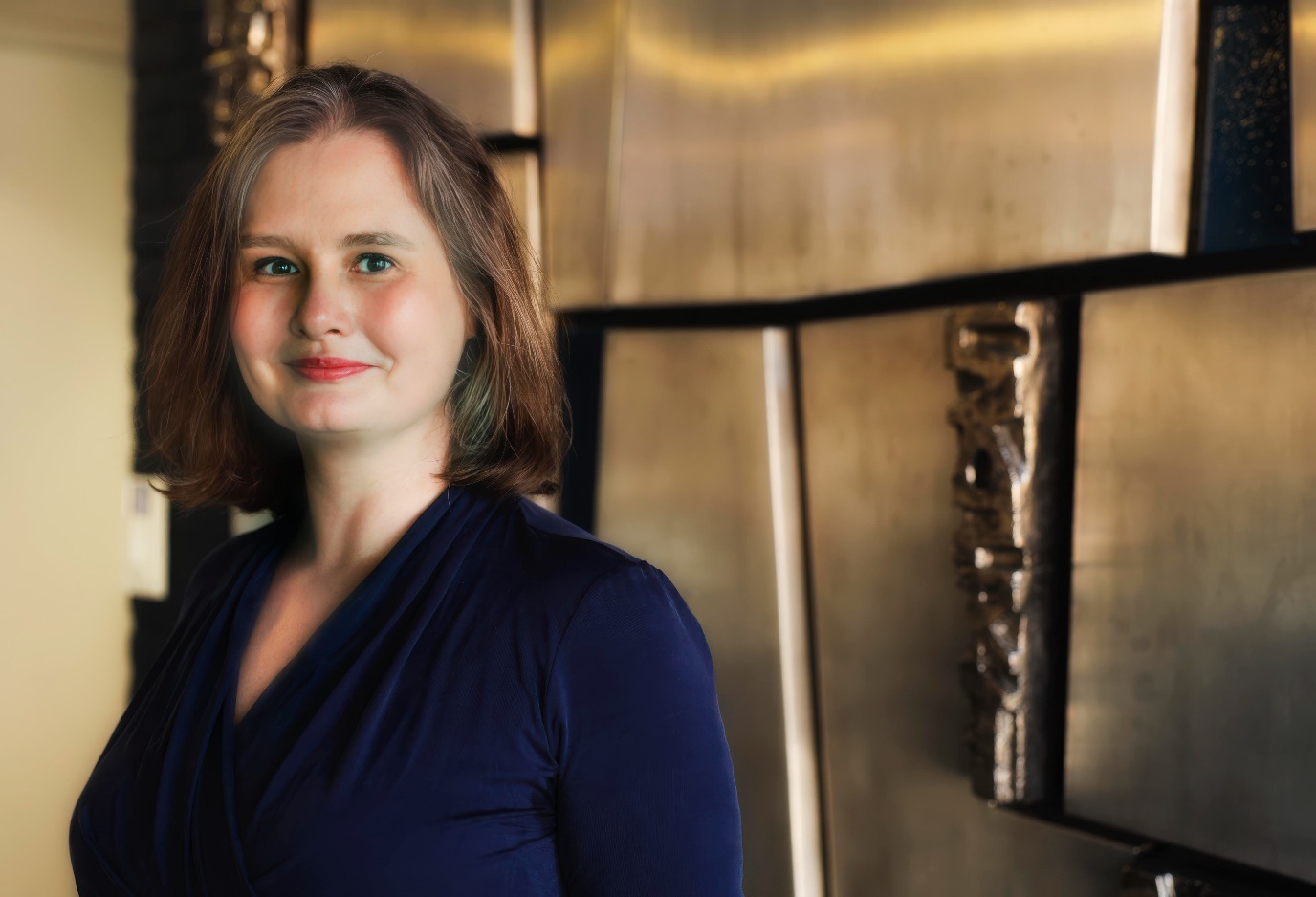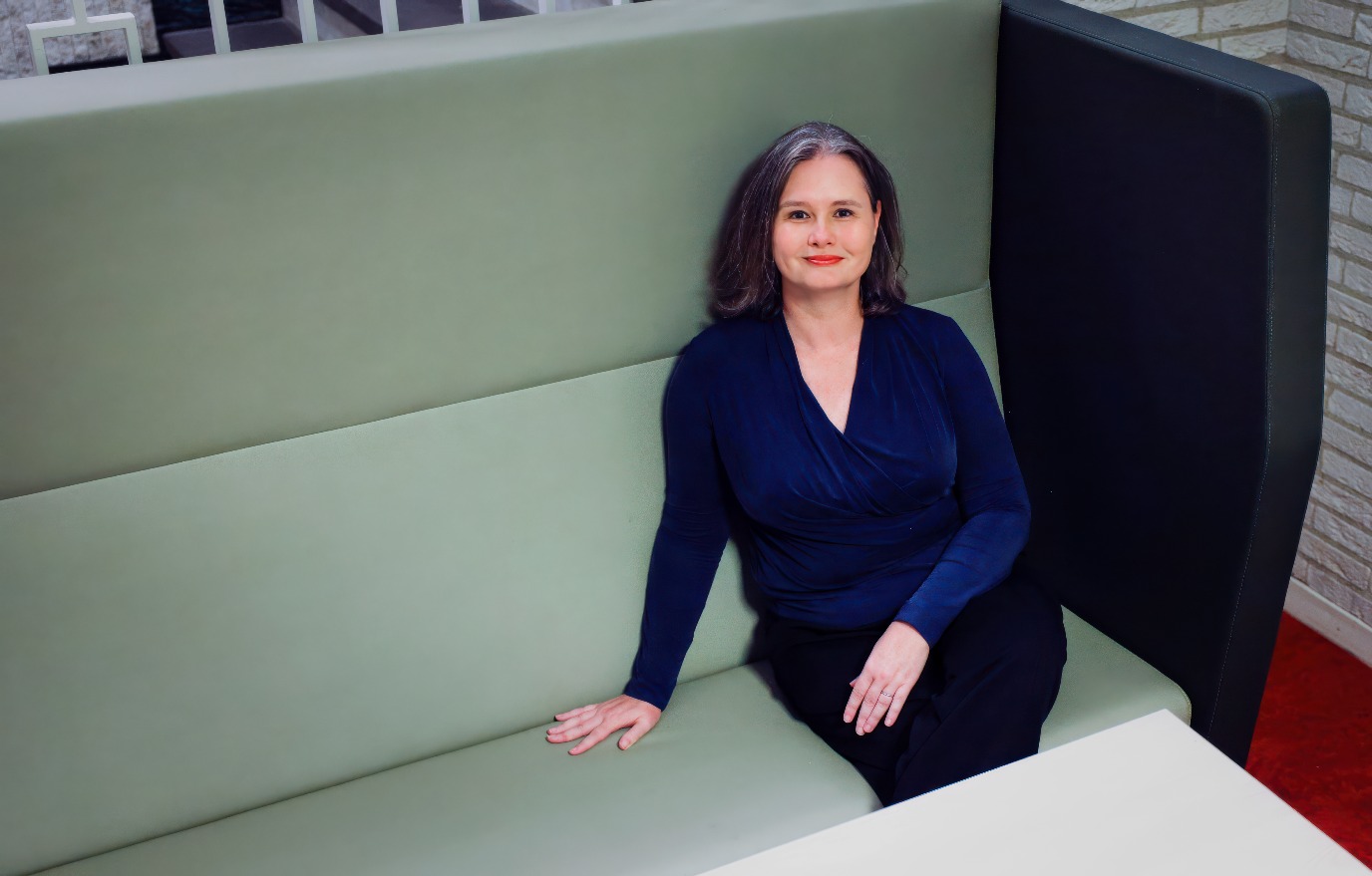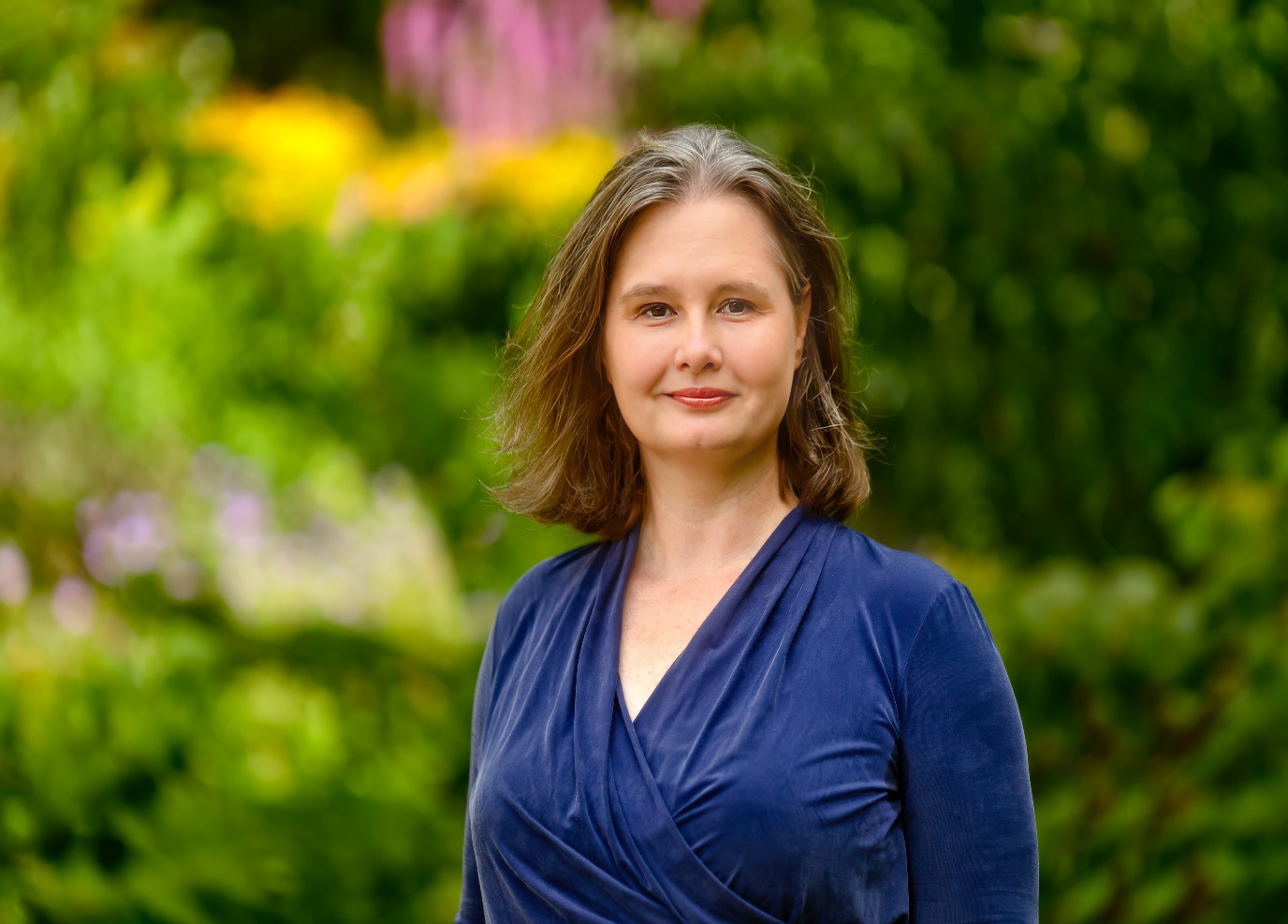Steeds weer de verkeerde
Julie Karsten onderzoekt hoe ervaringen met seksueel grensoverschrijdend gedrag de online partnerkeuze van jongeren beïnvloeden. Ze richt zich vooral op de vraag of mensen die eerder ‘dader’ of ‘slachtoffer’ zijn geweest elkaar opzoeken. Door deze dynamieken beter te begrijpen, hoopt Karsten uiteindelijk bij te dragen aan een veiliger wereld voor iedereen.
Tekst: Beau Oldenburg / Foto’s: Henk Veenstra
Recent onderzoek door het Nederlands Jeugdinstituut (2023) laat zien dat maar liefst twee op de drie meisjes en drie op de tien jongens tussen 13 en 24 jaar weleens slachtoffer van seksueel grensoverschrijdend gedrag zijn geweest. Het gaat hierbij om verschillende vormen van ongewenste intimiteiten, van aanrakingen en seksuele opmerkingen tot zwaardere delicten als aanranding en verkrachting.

Elkaar opzoeken
Forensisch psycholoog Julie Karsten onderzoekt samen met haar collega Fatemeh Fereidooni hoe deze ervaringen de partnerkeuzes van jongvolwassenen tijdens online daten beïnvloeden. In hun onderzoeksproject ‘At First Swipe’ richten ze zich op de dynamiek tussen ‘daders’ en ‘slachtoffers’. Karsten: "Tegenwoordig gaat daten vooral via digitale wegen. Wij vroegen ons af: zit er misschien al een bepaalde kwetsbaarheid in hoe mensen elkaar uitkiezen? Onze hypothese is dat de mensen die grensoverschrijdend seksueel gedrag hebben meegemaakt en degenen die het hebben uitgevoerd, elkaar eerder zullen selecteren”. Als dit inderdaad zo blijkt te zijn, dan is een volgende stap het onderzoeken van het onderliggende mechanisme, legt Karsten uit. Het kan bijvoorbeeld zijn dat slachtoffers onbewust opnieuw daders selecteren — “ik kies ook altijd de verkeerde” — of dat daders goed zijn in het kiezen van partners die hun gedrag tolereren.
Swipen
Momenteel bevindt het onderzoek van Karsten zich in de eerste fase. Het team heeft bij een groep 18 tot 30-jarige respondenten een vragenlijst over seksueel grensoverschrijdend gedrag afgenomen. Aan de deelnemers die online daten, is bovendien gevraagd of ze hun datingprofiel met het onderzoeksteam zouden willen delen. In het najaar start de volgende fase van het onderzoek en worden deze profielen opgenomen in een nagemaakte datingsite, waar andere deelnemers door de profielen zullen swipen. “We gebruiken dus geen nepprofielen of acteurs, maar profielen van echte mensen waarvan we weten of ze een geschiedenis met seksueel grensoverschrijdend gedrag hebben”, legt Karsten uit. Na het swipen wordt aan de deelnemers gevraagd wat hen aantrok in de uitgekozen profielen: was het de omschrijving, een foto, of iets anders?

Voorloper
Het project werd geïnspireerd door eerder onderzoek van Fereidooni en Karsten waarin mannelijke deelnemers Youtube-filmpjes zonder geluid bekeken, waarin jongvolwassen vrouwen spraken over het seksueel misbruik dat ze hadden meegemaakt. De mannen, die de vrouwen dus wel zagen maar niet konden horen, werd gevraagd of ze dachten dat de vrouwen in kwestie seksueel misbruik hadden meegemaakt en of ze dit opnieuw zouden meemaken. “We weten natuurlijk niet of de deelnemers de toekomst ‘goed’ konden inschatten, maar we weten wel waar deze mannen hun inschatting op baseren, waar ze naar kijken. Bijvoorbeeld lichaamshouding, fysieke kenmerken, bewegelijkheid en oogcontact met de camera. Dit bracht ons op het idee: zou dit ook zo werken voor hoe mensen online partners zoeken?”
Rode vlaggen
Karsten benadrukt dat ze met haar onderzoek op geen enkele manier wil impliceren dat slachtoffers verantwoordelijk zijn voor wat hen is aangedaan. “De verantwoordelijkheid voor het plegen van geweld ligt altijd uitsluitend bij de dader”, zegt ze stellig. "Maar misschien zijn er bepaalde achtergronden van mensen — in persoonlijkheid of ervaringen die ze hebben meegemaakt — die ervoor zorgen dat ze wat eerder geneigd zijn om mensen met bepaalde kenmerken uit te kiezen. We hopen door het onderzoek beter te begrijpen welke aspecten mogelijk rode vlaggen kunnen zijn. Als we dit in een heel vroeg stadium kunnen zien en begrijpen dan kunnen we daar misschien sturing aan geven.”

Out of the box
Karsten omschrijft het onderzoek als ‘out of the box’. “Het is een heel nieuw onderzoeksterrein. Dat maakt het leuk en tegelijkertijd ook spannend. Je weet niet of het gaat lukken en wat eruit gaat komen. Het was bijvoorbeeld voor ons een grote vraag of mensen überhaupt bereid zouden zijn hun online profielen met ons te delen, terwijl dat cruciaal is voor de onderzoeksopzet.” De NWO SSH open competitie XS grant, die Karsten heeft gekregen voor het project, heeft als doel om vernieuwende projecten zoals deze mogelijk te maken.
Veiligere wereld
Uiteindelijk hoopt Karsten met haar onderzoek vooral iets te kunnen betekenen voor de jongvolwassenen die ze ook in haar collegebanken ziet. "Deze leeftijdsgroep heeft de hoogste kans op victimisatie. Tegelijkertijd is dit ook de groep waar je iets kunt bereiken. Je kunt op een laagdrempelige manier bijvoorbeeld trainingen en voorlichting aanbieden. Daar kun je echt het verschil maken." Haar doel is om de wereld een stukje veiliger te maken door de kans op seksueel grensoverschrijdend gedrag te verkleinen, en zo het leed dat hieruit voortkomt te verminderen.
Meer informatie
Meer nieuws
-
17 februari 2026
Van ghostbuster tot rampenonderzoeker
-
03 februari 2026
‘Daar zit een goeie kop op’
-
20 januari 2026
Alcohol, appen en e-bikes
